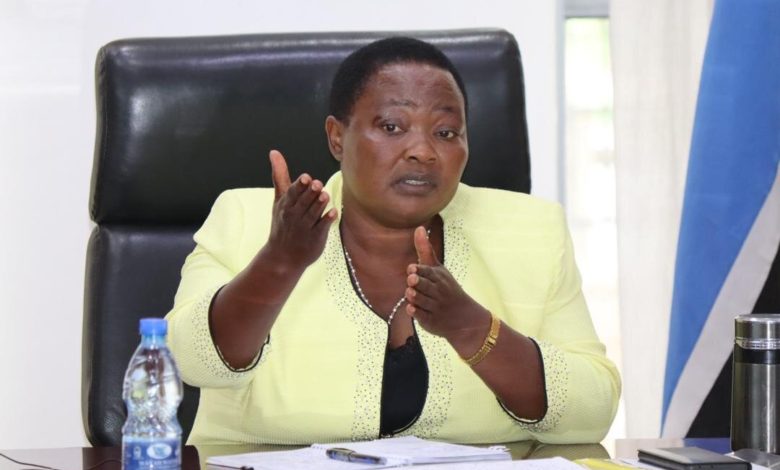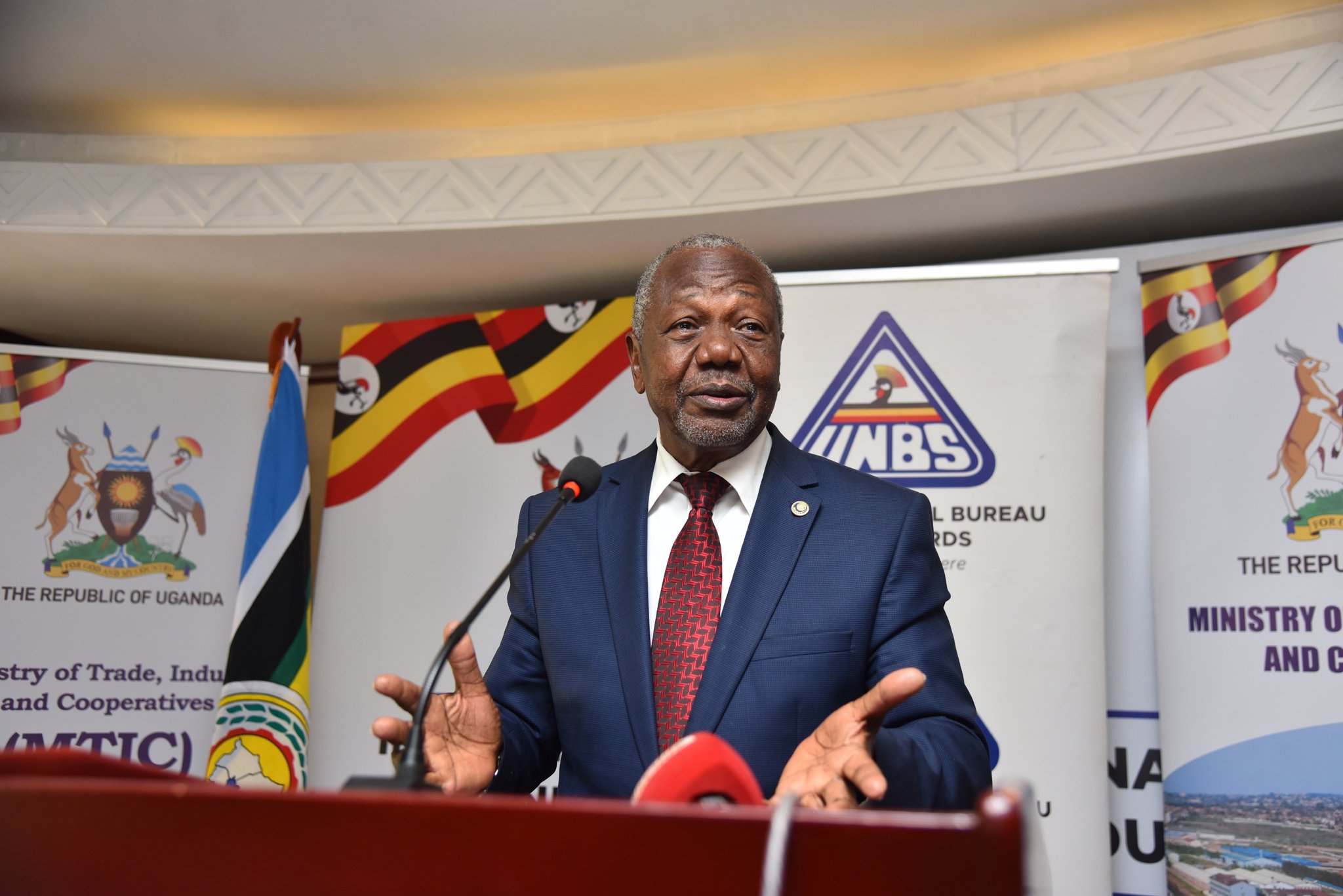Gov’t has not yet set kidney transplant charges, says Nabbanja
Nabbanja told Parliament that the government has not yet taken a position on how much it would cost any Ugandan seeking kidney transplant services at Mulago National Referral Hospital.

Prime Minister Robinah Nabbanja has called on Ugandans to remain calm as the country moves strides in the kidney transplant procedures, saying the reported cost of Shs46 million is a result of misinformation.
Nabbanja told Parliament that the government has not yet taken a position on how much it would cost any Ugandan seeking kidney transplant services at Mulago National Referral Hospital.
She was responding to a question posed by Agnes Kirabo, Youth MP for the central region, who pointed out that although Mulago Hospital started kidney transplants, free services have been given to a few people while the rest of the patients have to pay Shs46 million, a cost she described as too expensive for an ordinary Ugandan.
Kirabo asked the Prime Minister to explain what the government was planning to ensure that this service is available for all.
It should be noted that in December 2023, Mulago Hospital successfully conducted Uganda’s first kidney transplant.
This procedure was carried out by a team of medical experts from Uganda and counterparts from India. As a result of this successful job, the Government allowed at least five patients with end-stage renal failure who are on dialysis to have kidney transplants at Mulago Hospital free of charge before the fee for the life-saving procedure is determined for all patients to start paying.
“The costing for this procedure could then be deduced more accurately rather than estimating from a single or maiden transplant. The Shs46 million for kidney transplants is a media-generated figure and not a government position. Government hasn’t yet set the cost, and our plan through the Mulago team is to determine the price after more transplants have been made to get the right picture of the cost implication,” said Nabbanja.
The Prime Minister added that the cost of running specialised services is extremely expensive, and such services have been costing Ugandans over $18,000 (about Shs 69.7 million) on average, excluding the cost of the air ticket and maintenance abroad.
She added that that cost doesn’t include postoperative follow-up treatment, which is also very expensive, especially in the first months.
“Government of Uganda is committed to saving lives of Ugandans through such innovations and lessons learnt from Mulago Hospital; therefore, after a thorough assessment of all that entails the entire process and full recovery of a patient, a reasonable figure shall be derived, and Ugandans shall be informed accordingly,” said Nabbanja.
She also revealed that during the December landmark transplant, all investigations to prepare the patient for transplant were done in Uganda, except for the reagents where samples were sent to South Africa through Lacent Laboratories, which is more cost-effective to do for now, until Uganda scales up organ transplant services.
The Leader of Opposition in Parliament, Joel Ssenyonyi, reacted to the pronouncement by saying that the government would look at kidney transplant projects as a priority.
“Kidney transplants in Mulago are a welcome move, but I suggest that this money we seem to be blowing on Lubowa Hospital, why don’t we inject that money into Mulago Hospital because while the kidney transplants are happening, it is very costly,” said Ssenyonyi.
In November 2022, Rosemary Byanyima, Acting Executive Director Mulago National Referral Hospital, while appearing before Parliament’s Health Committee, revealed that the cost of handling a single case of organ transplant would likely be Shs50 million, and this cost doesn’t include the surgery care to be received.
Byanyima informed the Committee that the hospital has witnessed an increase in patients seeking kidney failure treatment services like dialysis, which is why Mulago looked at kidney organ transplants before focusing on other forms of transplants.
In September 2022, Parliament passed into law The Uganda Human Organ Donation and Transplant Bill, 2021, making it the first legal framework for the regulation of organ, cell and tissue donation and transplantation.
While processing the Bill, the government argued that the enactment of the law is intended to protect the dignity and identity of every person and guarantee, without discrimination, respect for his or her integrity and other rights and fundamental freedoms with regard to donation and transplantation of organs, tissues and cells of human origin.
The Ministry of Health, while tabling the bill, proposed to have Mulago National Referral Hospital designated as the pioneering transplant centre, but the proposal was rejected by Parliament, arguing that the designation of Mulago National Hospital as the pioneer transplant centre may prevent other facilities that are ready for organ, tissue and cell harvesting and transplantation from commencing.
According to the Uganda Medical Board, two to four people travel abroad for kidney failure-related treatment and these medical procedures roughly cost about Shs 94 Million, exclusive of travel and hotel fees abroad.
However, it has been reported that a number of other facilities in India and Turkey carry out these procedures for about $18,000 (about Shs 67 million).







